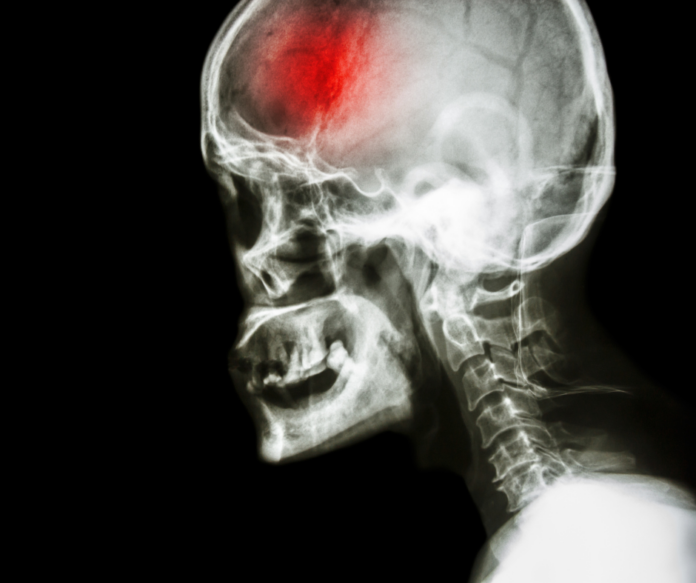Sponsored by: Renadyl™
Did you know that patients with kidney disease are at risk of having a stroke, which is a leading cause of morbidity and mortality worldwide? In fact, the risk of stroke is 5-30 times higher in patients with chronic kidney disease, especially on dialysis. So, what exactly is a stroke? A stroke is a disease that affects the arteries leading to and within the brain. Stroke is the number four cause of death and a leading cause of disability in the United States.
What is a Stroke?
A stroke occurs when a blood vessel that carries oxygen and nutrients to the brain either bursts, ruptures, or is blocked by a clot. As a result, the brain cannot get the blood and oxygen it needs, and pieces of the brain die.
Stroke Risk Factors:
Approximately 80 percent of strokes can be prevented. While some stroke risk factors are uncontrollable, such as age and race, other risk factors are in your control, and making small lifestyle changes can reduce your stroke risk. For example, hypertension, the leading risk factor, can be controlled by eating a healthy diet, regular physical activity, not smoking, and taking prescribed medications.
Types of Strokes:
- An Ischemic Stroke occurs when a clot or mass, often a fatty plaque deposit, clogs a blood vessel cutting off the blow flow to brain cells.
- A Hemorrhagic Stroke results from a weakened vessel that ruptures and bleed into the surrounding brain tissue.
- A TIA or Transient Ischemic Attack produces stroke-like symptoms. A TIA is caused by a clot, but unlike a stroke, the blockage is temporary and usually causes no permanent damage to the brain. TIAs are often called “mini-stroke.”
The risk of having a first stroke is nearly twice as high for Blacks as for Whites, and Blacks have the highest death rate due to stroke. Know the warning signs and symptoms of stroke so that you can act fast if you or someone you know might be having a stroke. One way to remember the sudden signs and symptoms of a stroke is the word FAST.
F.A.S.T.
Face Dropping: Does one side of the face droop, or is it numb? Ask the person to smile.
Arm Weakness: Is one arm weak or numb?
Speech Difficulty: Is speech slurred? Are they unable to speak? Are they hard to understand? Ask the person to repeat a simple sentence, like “The sky is blue.” Is the sentence repeated correctly?
Time to call 911 if the person shows any of these symptoms. Even if the symptoms go away, call 9-1-1 and ensure they are transported to the hospital immediately by ambulance, the fastest way to get medical care.
If you or someone you know are experiencing these symptoms of stroke, call 911 immediately.
Learn more about our sponsor Renadyl here https://bit.ly/3sZDWbb
About the author
Steven Belcher, RN, MSN, MS, is a dedicated kidney advocate who began his journey 20 years ago as a dialysis nurse. This job inspired him to help as many people with kidney disease as he could. Not only did he spend two decades caring for a patient’s physical and emotional needs in a clinical setting, but he also educated the public on the risk factors of kidney disease. Some of his many philanthropic successes include being a keynote speaker at the National Association of Nephrology Technicians/ Technologists (NANT), presenting at community spaces, and launching radio shows.
He now focuses his time entirely on his organization Urban Kidney Alliance, which educates the public about kidney disease. His goal? To lower rates of Chronic Kidney Disease in urban communities in Baltimore, Maryland, across the country, and globally through education and collaboration.
Steve has also written the book “HOW TO SURVIVE OUTPATIENT HEMODIALYSIS: A GUIDE FOR PATIENTS WITH KIDNEY FAILURE.” You can read the book review here.
*These statements have not been evaluated by the US Food and Drug Administration. This information is not intended to diagnose, treat, cure, or prevent any disease. Always consult with a qualified healthcare professional prior to beginning any diet or exercise program or taking any dietary supplement. The content on our website is for informational and educational purposes only.




